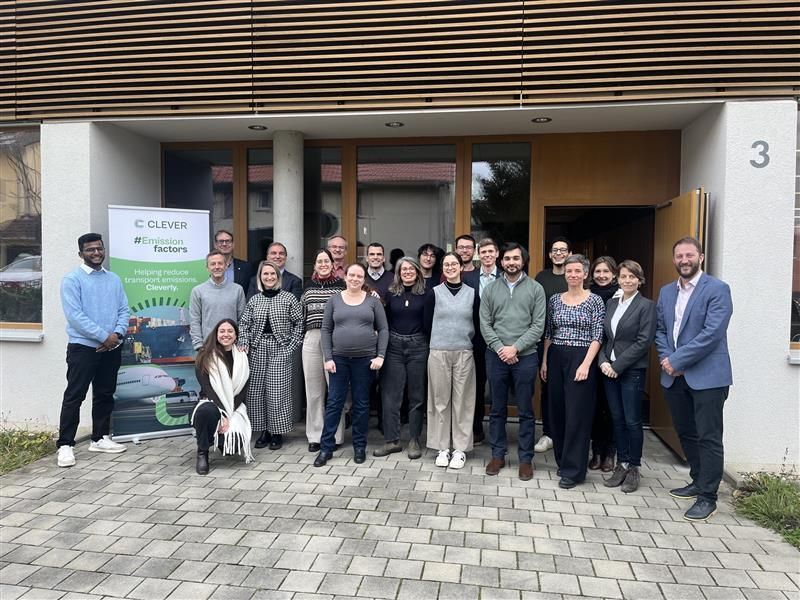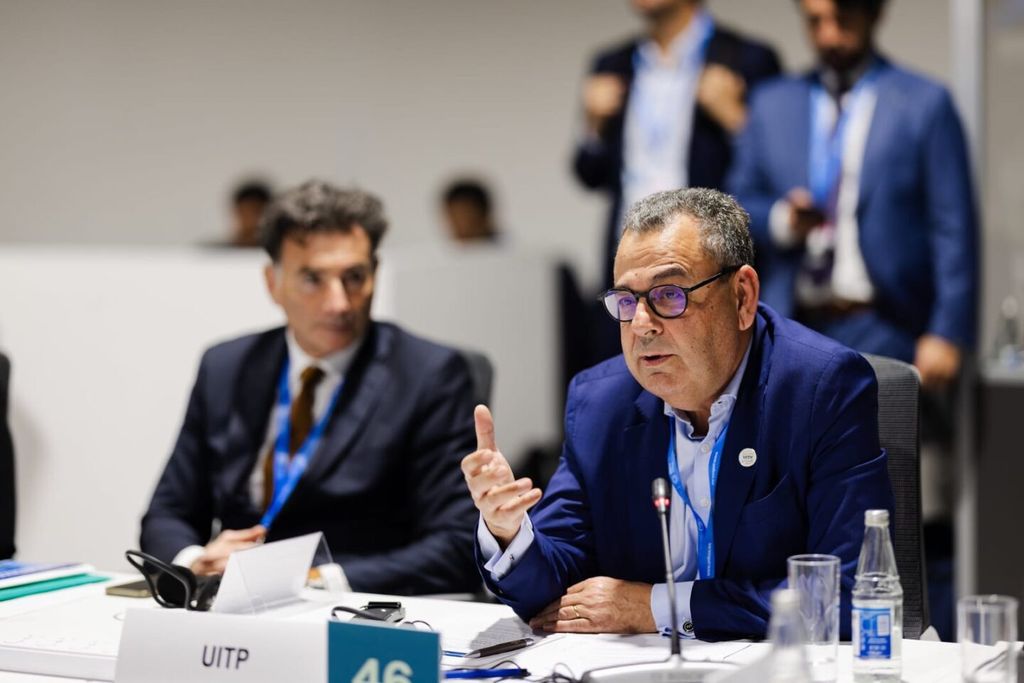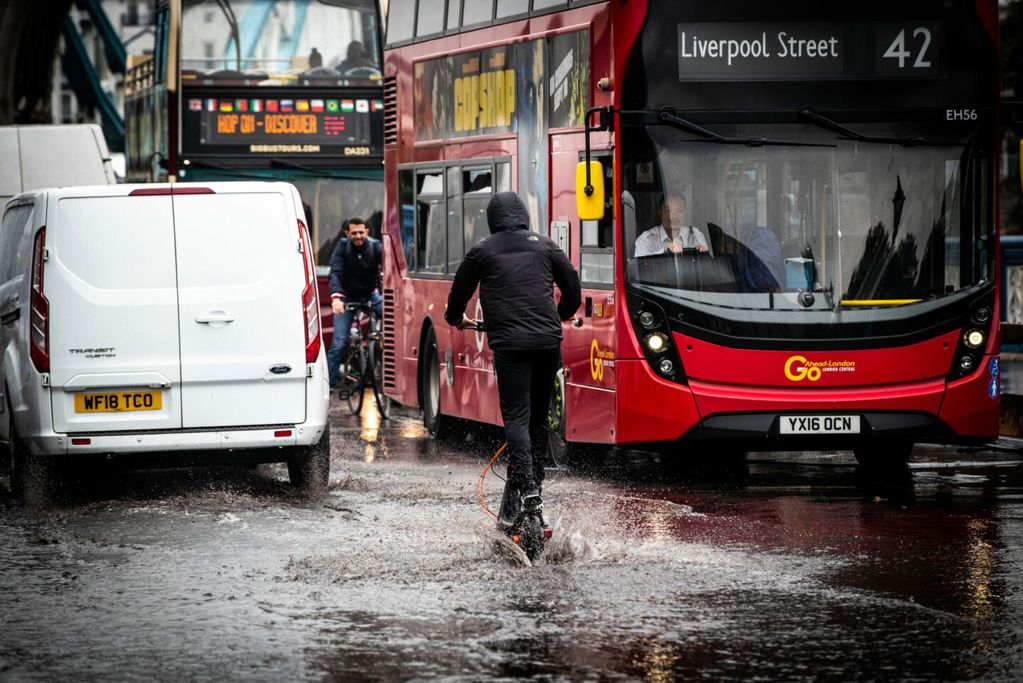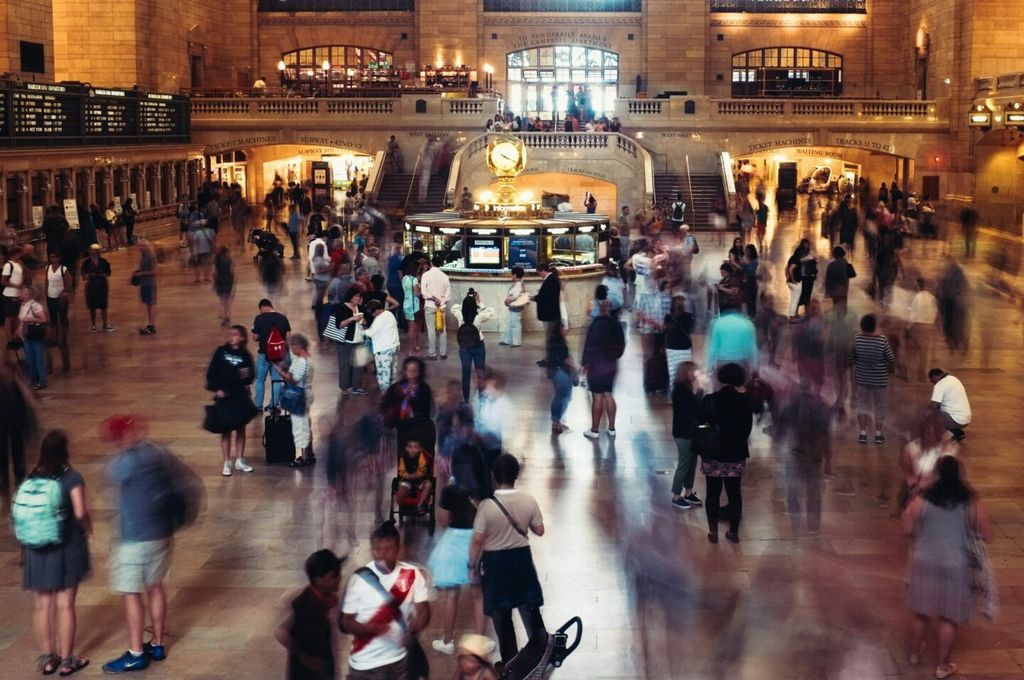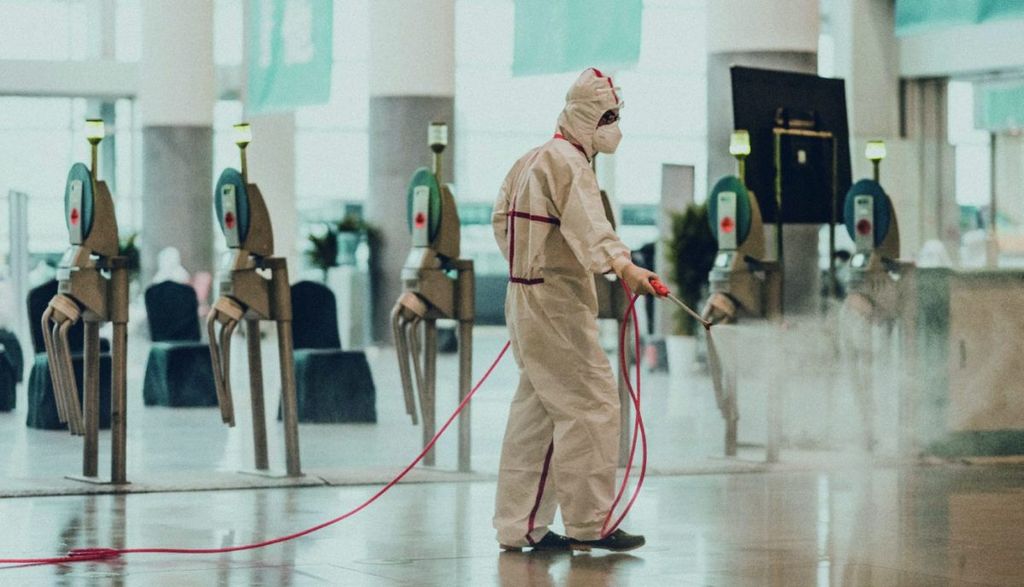
Public transport is COVID-safe: A sector ready to build back better
It’s time to set the record straight…
An encouraging sign over the last few months is that public transport ridership is increasing across many regions of the world. Slowly but surely, with the uptake in economic activity since the first wave of lockdowns, people are getting back onto buses, metros and trains.
In the meantime, public transport authorities and operators have been extremely busy adapting the networks and services, increasing operational capacity, investing in new technologies to provide real-time information to customers and manage the occupancy rate, and enforcing safety measures. And all the while their revenues are heavily impacted by the dramatic drop in ridership and the increased costs of additional sanitary measures.
Despite their efforts, the sector has been a victim of targeted attacks from media and governments, advising to avoid public transport and instead drive, walk or cycle. Such advice is detrimental to the future of sustainable mobility, and UITP is here to set to record straight with our Policy Brief, Public transport is COVID-safe. Based on scientific findings and practical experience, we believe that public transport is taking the appropriate measures to reduce risks to a level that is manageable and acceptable by users.
We have the evidence to prove it
Today, there is enough evidence to demonstrate that, when measures recommended by the health authorities are implemented, the risk of catching on Covid-19 in public transport is very low. If we recognise that zero risk does not exist, public transport remains one of the safest ways to move around the city and keep cities alive. With the right measures, public transport is Covid-safe.
Analysis by the UK rail safety body (RSSB) has shown that the risk of contracting Covid-19 while travelling by train is 1 in 11,000 journeys. This is equivalent to a chance of less than 0.01%. With a face covering, it is 1 in 20,000 journeys and the risk has been halved.
Research conducted by the University of Colorado Boulder in North America shows that, according to a modelling exercise, the risk of being infected in a well-ventilated metro with minimal talking and movement is 0% after 70 minutes, and it’s even lower for a bus ride.
We’re here to keep our cities moving
The public transport sector is committed to keeping our cities moving, showing that we can adapt to ensure customers and workers are safe when faced with such unprecedented challenges. Not only that but the sector is committed to restoring trust in public transport by adapting to the new normal. Yet, additional efforts should be made in collaboration with local, regional and national decision makers to strongly communicate public transport benefits to society and restore citizens´ trust.
“With the right measures, public transport is COVID-safe.”
“Operation respect”, launched by the Metropolitan Transportation Agency (MTA) in New York, is a strategy to encourage universal face covering compliance by customers on the region’s trains, buses and commuter rails. After all, wearing a mask considerably reduces the risk of spreading the virus in public places, so wearing a mask is a sign of respect towards other passengers. Under Operation Respect, the MTA implemented a brand-new “Mask Force” comprised of hundreds of volunteers to distribute masks directly to customers, of which the state has donated another one million masks.
A campaign from Ile-de-France Mobilités, in collaboration with transport operators RATP, SNCF and Optile, is a prime example of communicating the benefits of public transport and restoring trust in passengers. Inspired by our every day lives, the various snapshots remind us that public transport is still a crucial part of our day, especially with the resumption of many services.
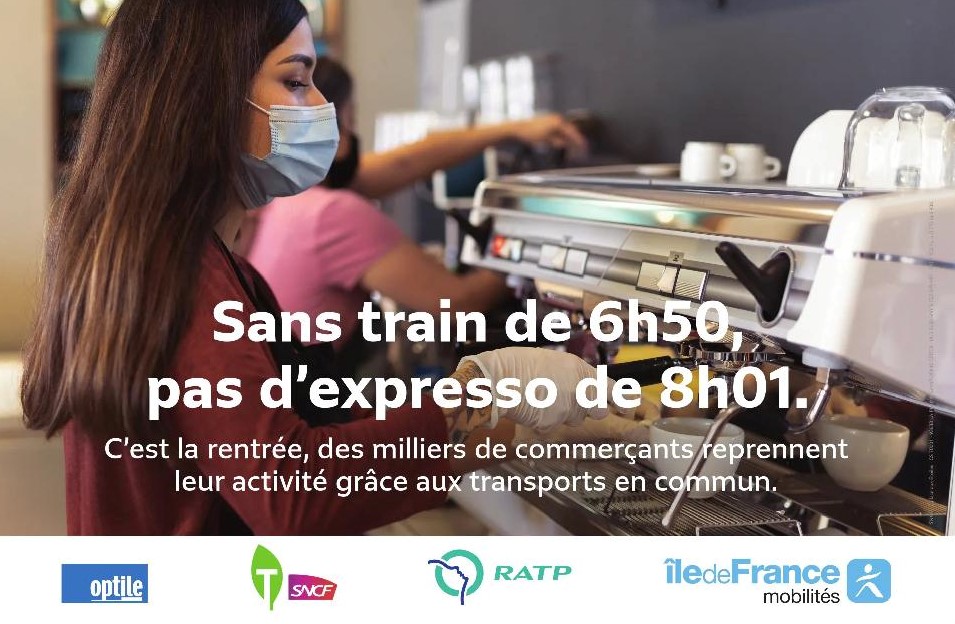
Read the official Press Release
The messages of our Policy Brief very much coincide with our Back to Better Mobility campaign, which ran from June – October 2020, and in which UITP advocated for building resilient cities, combating climate change, preventing the ‘bounce back’ of air pollution, encouraging healthy, active lifestyles, and boosting local economies leaving no one and no place behind.
Interested to hear how our members were keeping cities moving during lockdown? Find out more about our Guardians of Mobility

